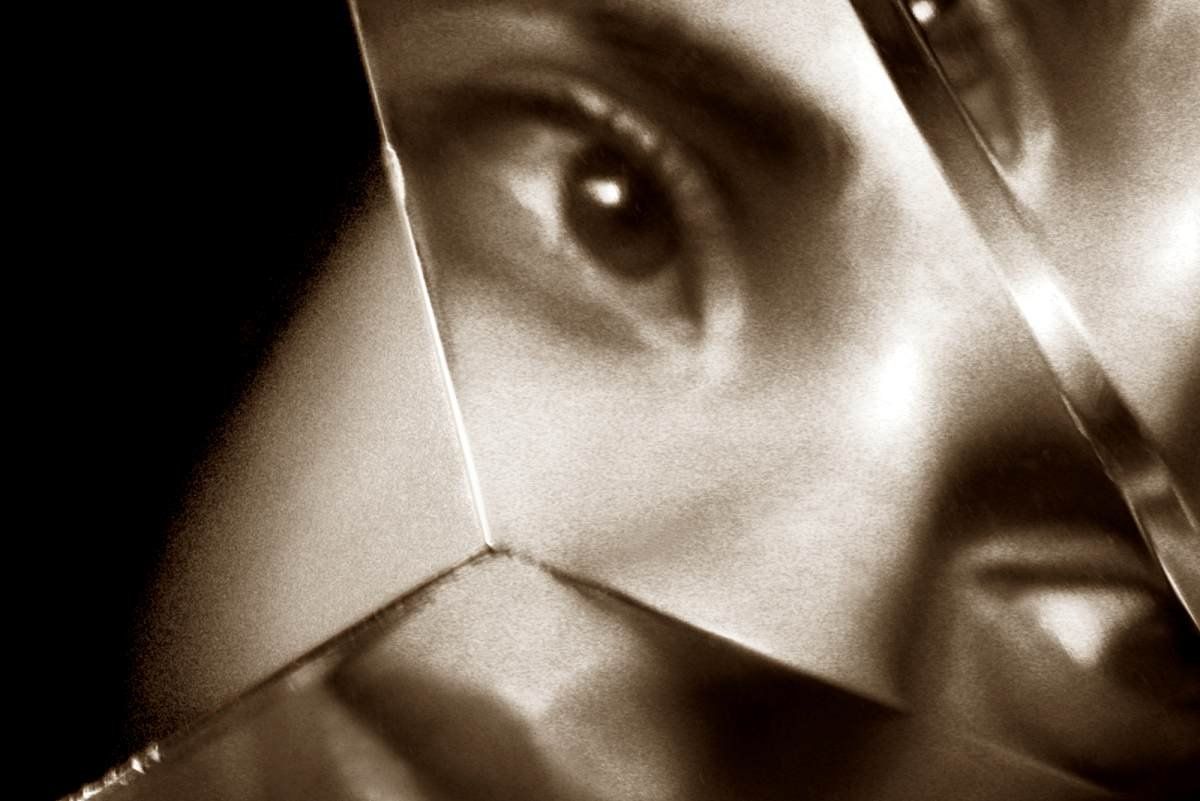
We've all heard the stories about how attractive people make more money than the unattractive—some $250,000 over a lifetime, if you believe one economist. We've read how babies stare longer and cry less when held by pretty people, and heard tales of handsome children doing better in school, given special attention by their teachers. And if we hadn't already come to terms with the belief that beautiful people are generally better all-around, a study late last month revealed we notice the intricacies of their personality more, too—simply because we're better listeners when we can stare at a beautiful face. In life, as in love, it seems, beautiful people seem to have it awfully easy.
But what if we told you that when it comes to online dating, good looks could actually hurt you? That even amid the plastic beauty ideal and girl-next-door obsessions of modern American culture, a unique looking woman—one whom some men are likely to find positively unattractive—might have an advantage over women who embody traditional beauty norms? If you're a member of the 31 percent of Americans who've tested the waters of online dating, haven't you at least wondered how you stack up against the competition?
OK Cupid decided to find out. The second-most-popular online dating site, for which statistical pseudo-sociology has become something of a pastime, they cross-examined data from thousands of users to try and determine what kind of women most men find attractive—and which women are attractive enough for men to actually contact. Using the profiles of 43,000 heterosexual women in their 20s, OK Cupid tallied profile ratings (suitors can give each other profile scores from 1 to 5, used only for internal tracking) and compared them with the number of messages these women had received from men in the previous month.
What they found? That the more men as a group disagree about a woman's looks, the more they end up liking her; that guys tend to ignore girls widely-considered to be attractive and opt for women who had less consistent ratings; that having some men think you're ugly actually works in a woman's favor (in terms of the number of messages she gets). What that means for ladies looking for a match? "We now have mathematical evidence that minimizing your 'flaws' is the opposite of what you should do," writes the site's editorial director and co-founder, Christian Rudder. "If you're a little chubby, play it up. If you have a big nose, play it up. If you have a weird snaggletooth, play it up: statistically, the guys who don't like it can only help you, and the ones who do like it will be all the more excited."
Now before we continue, a disclaimer: none of this is science, which OK Cupid will readily admit. And this particular study—which looks only at male attitudes toward women—is of course glaringly one-sided. (Rudder says the site plans to conduct the survey in reverse, with women rating men, in the coming weeks.) But whatever you make of OK Cupid's methodology, the results end up highlighting something larger—and an idea that recent scientific research does indeed support. Which is this: the beautiful may have it good, but online, as in work and life, women who are too attractive don't always have an advantage.
Biology, of course, would tell us the opposite—that men are attracted to symmetrical faces and curvy women. Those shapes are deemed beautiful because they're believed to produce the healthiest offspring. But beauty also creates more competition—among women, taught they must out-look each other for men and jobs and everyday satisfaction; and among men—who, in this scenario, anyway—are competing for the most attractive prize. All of which might help explain why 47 percent of corporate recruiters told Newsweek they believe it's possible for a woman to be penalized for being "too good-looking"; why, in male-dominated settings, attractive women tend to face heightened scrutiny from their female peers; or, finally, why men on OK Cupid end up contacting women who may ultimately be less attractive—because it eliminates the opposition. "If you suspect other men are uninterested, it means less competition," explains Rudder. "You might start thinking: maybe she's lonely. . . maybe she's just waiting to find a guy who appreciates her. . . at least I won't get lost in the crowd."
In the end, being beautiful will always have its blessings—but sometimes, there's more to an advantage than meets the eye.
This story originally appeared on The Daily Beast.
Uncommon Knowledge
Newsweek is committed to challenging conventional wisdom and finding connections in the search for common ground.
Newsweek is committed to challenging conventional wisdom and finding connections in the search for common ground.
About the writer
To read how Newsweek uses AI as a newsroom tool, Click here.





